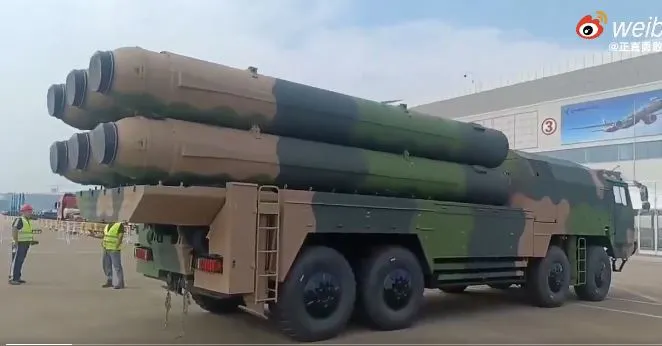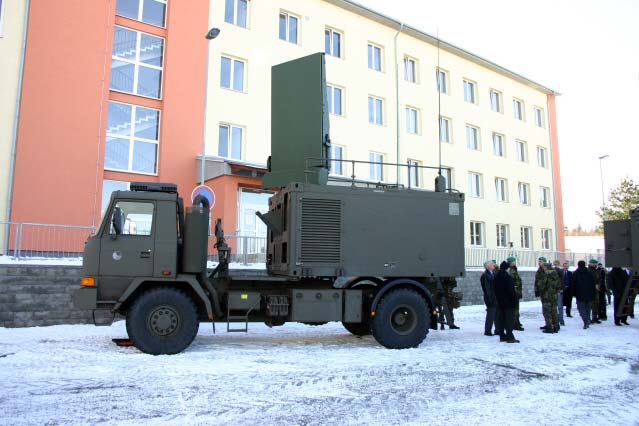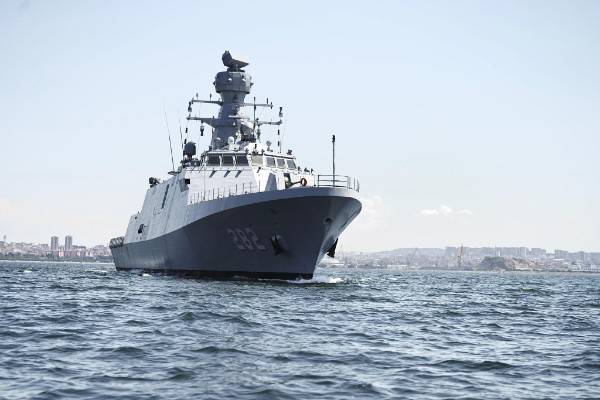A recent post on X (formerly Twitter) by the Government of Pakistan’s official account has indicated that Pakistan is exploring the potential acquisition of China’s HQ-19 air and missile defense system — a move that, if materialized, could significantly elevate Pakistan’s capabilities in countering ballistic missile threats and conducting space denial operations.
Table of Contents
ToggleCountering Strategic Threats
The HQ-19 is engineered to intercept long-range ballistic missiles such as India’s Agni-series, which are widely viewed as the most serious strategic threat in the region due to their extended range and nuclear payload capability.
Using advanced phased-array radars and infrared sensors, the HQ-19 detects missile launches in their early phase and launches hit-to-kill interceptors — designed to neutralize threats via kinetic impact rather than explosive warheads. This precision targeting enables highly effective interception of fast-moving, high-altitude projectiles.
Expanding into Space Warfare
What sets the HQ-19 apart is its anti-satellite (ASAT) capability, which allows it to engage enemy satellites in low Earth orbit (LEO) — typically ranging from 200 to 2,000 kilometers in altitude. These include surveillance, communication, and navigation satellites.
The system’s Kinetic Kill Vehicles (KKVs) are capable of destroying satellites through direct impact at high speed, potentially crippling an adversary’s space-based situational awareness and command infrastructure.
Operational Overview
-
Detection: High-performance radars monitor atmospheric and orbital activity continuously.
-
Tracking & Targeting: Infrared systems identify threats and compute precise flight paths.
-
Interceptor Launch: Agile, guided interceptors are deployed against designated targets.
-
Terminal Guidance: Kill vehicles adjust trajectory mid-flight to ensure direct impact.
-
Destruction: Kinetic collision neutralizes threats without detonation.
Strategic Implications
Although no official confirmation has been issued by Pakistan’s defense authorities, the reported interest in HQ-19 highlights a growing emphasis on strategic deterrence, ballistic missile defense, and space warfare preparedness.
Should Pakistan proceed with this acquisition, the HQ-19 would mark a critical enhancement in its defense posture — reinforcing deterrence against India’s missile arsenal and challenging its space dominance, while signaling Pakistan’s commitment to next-generation defense technologies.

Maj Khurrum Baig (R)
Khurrum Baig is a Master Aviator and defense analyst with over 24 years of distinguished service in Pakistan Army Aviation. He is an Instructor Pilot, Test Pilot, certified Aircraft Accident Investigator, and specialist in Aviation Refueling & Equipment. Currently engaged in international corporate roles, he writes regularly on military strategy and geopolitical affairs.
- Maj Khurrum Baig (R)















